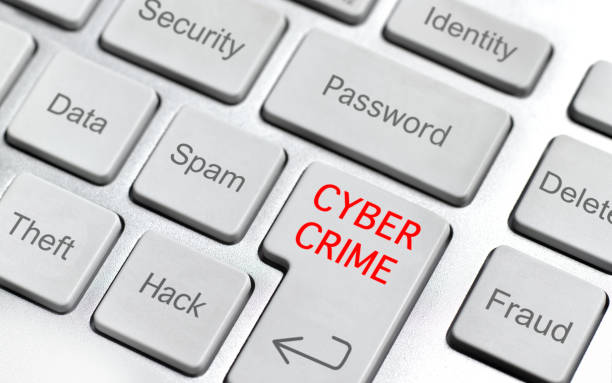In today’s digital age, safeguarding your personal information and staying safe online is more important than ever. Ensure your passwords are impossible to guess and you aren’t using any obvious information.
1. Use strong, unique passwords
- Create complex passwords: Use a mix of letters, numbers, and symbols.
- Avoid reusing passwords: Each account should have its own unique password.
- Consider a password manager: Tools like LastPass or Dashlane can help you manage and generate strong passwords.
2. Enable Two-Factor Authentication (2FA)
- Add an extra layer of security: 2FA requires a second form of verification, such as a code sent to your phone.
- Set up 2FA on important accounts: Email, banking, and social media accounts should have 2FA enabled.
3. Be wary of phishing scams
- Recognise suspicious emails and messages: Be cautious of unsolicited emails, especially those asking for personal information or containing links.
- Verify before clicking: Hover over links to see the actual URL before clicking. If it looks suspicious, don’t click.
4. Keep software updated
- Install updates promptly: Regularly update your operating system, browsers, and apps to protect against vulnerabilities.
- Enable automatic updates: This ensures you always have the latest security patches.
5. Use secure connections
- Look for HTTPS: Ensure websites you visit use HTTPS, indicating a secure connection.
- Avoid Public Wi-Fi for sensitive activities: When accessing sensitive information, use a secure, private connection.
6. Install antivirus and anti-malware software
- Protect your devices: Use reputable antivirus and anti-malware programs to detect and remove threats.
- Keep the software updated: Regular updates help protect against new threats.
7. Be cautious with personal information
- Limit what you share online: Avoid posting sensitive information like your address, phone number, or financial details on social media.
- Check privacy settings: Review and adjust privacy settings on social media and other online accounts to control who can see your information.
8. Backup your data
- Regular backups: Regularly backup important files to an external drive or cloud storage.
- Test your backups: Ensure you can restore your data from backups if needed.
9. Monitor your accounts
- Check for unusual activity: Regularly review bank statements, credit reports, and online accounts for unauthorised transactions or changes.
- Set up alerts: Many services offer alerts for suspicious activities.
10. Educate yourself and stay informed
- Stay updated on cyber threats: Follow reputable sources for the latest information on cybersecurity threats and tips.
- Take online security courses: Consider taking courses to improve your understanding of cybersecurity.
By following these tips, you can better protect your personal information and stay safe while enjoying the benefits of the digital world.







